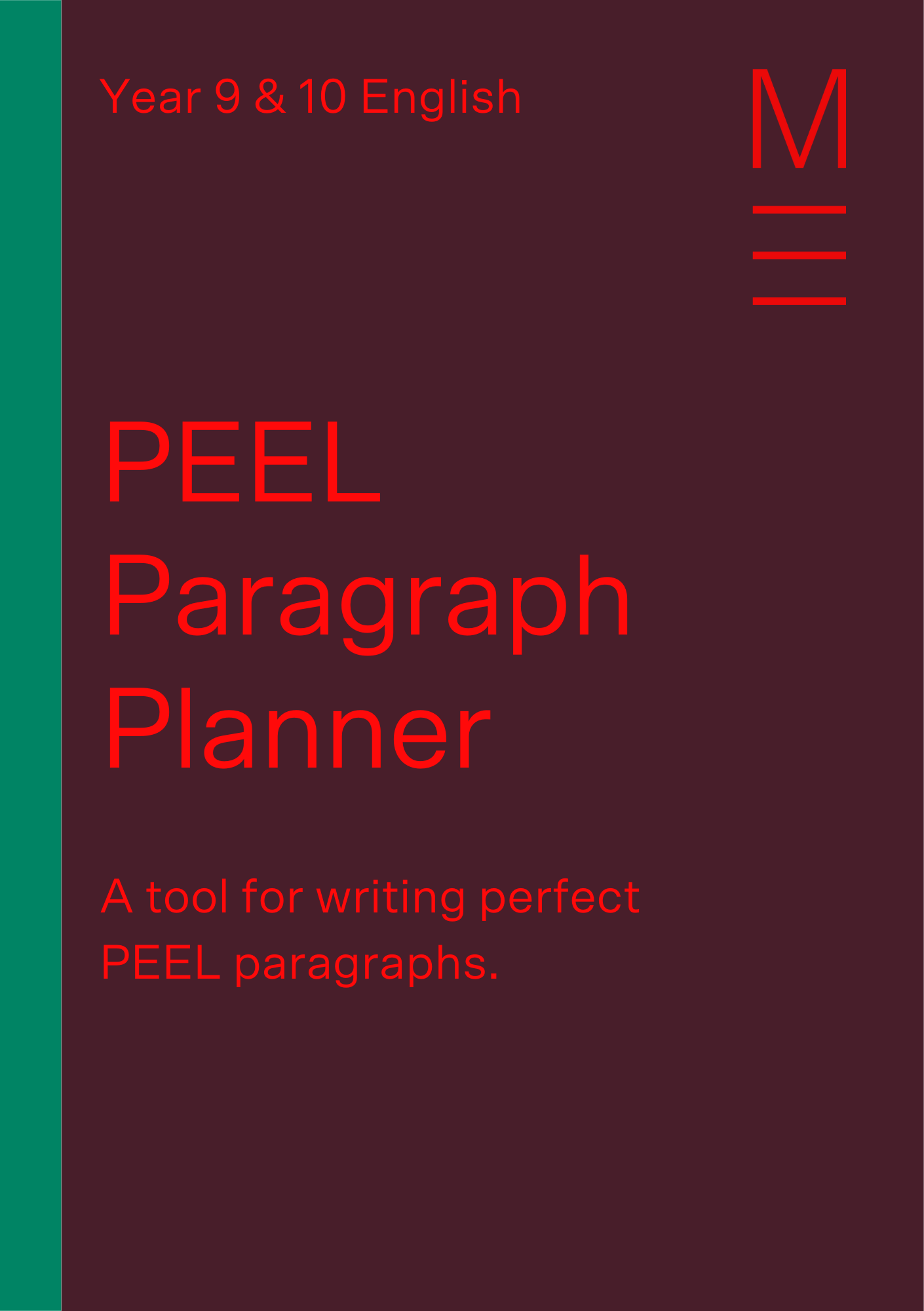Welcome to Matrix Education
To ensure we are showing you the most relevant content, please select your location below.
Select a year to see courses
Learn online or on-campus during the term or school holidays
Learn online or on-campus during the term or school holidays
Learn online or on-campus during the term or school holidays
Learn online or on-campus during the term or school holidays
Learn online or on-campus during the term or school holidays
Learn online or on-campus during the term or school holidays
Learn online or on-campus during the term or school holidays
Get HSC Trial exam ready in just a week
Get HSC exam ready in just a week
Select a year to see available courses
Science guides to help you get ahead
Science guides to help you get ahead
Confused about planning your responses? Don't worry, in this article we explain why 7 & 8 students must plan their responses and give you the does and don'ts of how to plan before you write!

Join 75,893 students who already have a head start.
"*" indicates required fields
Related courses

Join 8000+ students each term who already have a head start on their school academic journey.
Students are constantly told to plan their writing by their teachers, tutors, or older siblings. Yet, students are often not told how to plan, or what they should do and shouldn’t do when planning their writing.
“By failing to prepare, you are preparing to fail,” said Benjamin Franklin.
But, don’t stress!
In this blog post, we will outline the Dos and Don’ts of planning which will allow you to maximise your planning time and write efficiently.
A tool for writing perfect PEEL paragraphs. Fill out your details below to get this resource emailed to you. "*" indicates required fields
Free 2019 Junior English PEEL Paragraph Planner Download

Free 2019 Junior English PEEL Paragraph Planner Download
Planning before you write should make it easier.
Remember: We aren’t all born as great writers. It requires practice.
In Year 7 and 8, the workload increases immensely from Primary School. Therefore, each moment counts. You want to be able to relax and study productively. Planning, if done properly, assists in that.
Planning well before you write can help you become more efficient and reduce the stress associated with writing. Putting these Do’s and Don’ts in practice whilst planning will help you become a better writer in Year 7 and 8. These skills will also assist you in your senior years of High School!
Planning is a skill, if mastered in Years 7 and 8, will make you a better writer in your senior years of High School.
Writing is a process and planning is the first step of that process. You cannot go to step 2 without completing step 1 – this will leave loopholes and reduce the clarity of your task.
Similarly, when writing you cannot skip planning and go straight to drafting.
There is no concrete method for planning that students should follow. Each student has a unique way of planning and organising information.
Some students like to brainstorm, create flow charts whilst others enjoy creating processes or a list of trigger words. However, there are certain Dos and Don’ts students should follow whilst planning to ensure it is effective and efficient.
Following the Do’s and Don’ts will help you even in university and the workplace.
Learn your content before it’s taught in school. Join over 4500 students who already have a head start. Learn more about our Year 8 English Term Course.
Boost your marks with the English experts!
Comprehensive resources. Proven results. Expert teachers who make English fun!
Let’s look at the 6 trusty Dos and Don’ts that Matrix students have been following for years to gain exceptional results.
Do: Spend enough time on planning.
Don’t: Spend too little or too much time on planning.
Why?
It’s really easy to get confused about what the correct amount of planning looks like.
Spending excessive time on planning will reduce your efficiency. You’ll waste energy and resources! Overt planning will also reduce the flow of your writing and make you focus on details which aren’t important. in addition, spending too much time on planning will make you doubt your ideas!
On the other hand, spending too little time on planning is also detrimental!
Spending too little time planning will waste time because your ideas won’t be clear and structured. This means you will need to figure out what you meant when drafting, slowing down your writing. In addition, not spending enough time on planning will make you lose focus of details that are important and forget key ideas/ concerns in your writing.
I’m confused, what is the correct amount of planning look like?
A good rule of thumb is to spend around 1/5th of your writing time on planning while you’re in the junior years.
For example, if you have an to write a response for a school assessment, you should pencil in 20 minutes to plan out the structure of your answer and gather up all your notes and evidence.
In an exam, you won’t have as much time to hand. That doesn’t mean you shouldn’t plan. On the contrary, if you have a 45-minute exam, you should still put 5 minutes aside for planning your response(s).
Doing this will ensure you have planned in the most effective and time-efficient manner possible.
Do: Plan your writing so it is visually appealing to you.
Don’t: Waste unnecessary time on making the planning pretty.
Why?
When we craft things by hand we help our brains retain information. When you plan creatively, by hand (more on this in a moment!), you are helping your brain process ideas and retain information.
When you refer back tour plan, the mix of colours, images and texts, will help you further develop and refine your ideas, as well as stick to your plan.
Creative planning doesn’t just help you scaffold an answer, it helps you weigh up the pros and cons of something, too!
There is a fine line between making your planning visually appealing and making it pretty. Spending excessive time on making your planning pretty is actually wasting time! It is important to have planning that is easy to read and attractive but this shouldn’t take a lot of time. The aesthetics – the beautiful bits like drawings and mind-maps – definitely shouldn’t take you longer to create than the actual content.
Planning can be made visually appealing will the help of roughly three different pens and two highlighters.
Using a range of colours can help you differentiate between the different parts of information and can make the plan easy to follow. Too many colours, however, can be distracting! Two to three colours is always a safe bet.
Do: Handwrite your plan.
Don’t: Type your plan.
Why?
We have all heard the common saying, “the pen is mightier than the keyboard,” and it really is true.
Handwriting your planning has numerous benefits.
Firstly, it triggers a connection to your writing. This helps form connections between neurons in your brain, which is why handwritten notes help us retain information better than typed notes.
In the digital age, even though we may type faster than we can handwrite, writing by hand saves you time as you will be less inclined to edit. When we are planning, the last thing we want to do is get distracted and forget where we were up to.
Importantly, when you write by hand, there’s lass chance of you reaching for your phone to check Instagram or open a browser tab to look up memes.
This allows you to plan much more effectively.
Whilst handwriting your plan, you cannot simply backspace what you later don’t want to use. This means that the initial idea isn’t lost by deleting it, it is still recorded and you can come back to it if needed.
Do: Create a sequential flow of ideas.
Don’t: Leave your ideas all jumbled up.
Why?
Making a plan is like making a map with a route from point A to point B.
A key part of why we plan is so that we can have a sequential flow of ideas to refer back to when we:
Having a detailed reference for the order our argument or the events of our creative writing means we always have map to follow.
Leaving your ideas unorganised when you plan will confuse you when you write. This is exactly opposite to what we want!
When you write, you don’t want to spend time trying to understand what each of your bullet points means or where it fits in.
Unorganised ideas will not save you time, instead, they will do the opposite. You don’t want to waste time asking yourself questions such as:
Instead, you want to have a sequential plan which you can look at to trigger your memory and keep writing smoothly, without unnecessary pauses.
Do: Use trigger words, dot points, mind maps, and diagrams.
Don’t: Write full sentences.
Why?
Planning is about coming up with ideas, a direction for your writing! It is not about writing your first draft.
Our brains like associating different things together.
Mind maps allow you to jot down ideas and form connections between them. Mind maps and flowcharts trigger both the left and right side of your brain, which allows you to generate more ideas that are logically ordered. The best pieces of work are those which are able to form links between various concepts. Mind maps and flowcharts assist in that.
On the other hand, using full sentences makes it hard to link information and ideas together. Full sentences make your planning linear and harder to follow. Reading a full sentence is time-consuming and can make you lose focus of the key idea.
Remember, planning is done to increase your efficiency not reduce it!
Using a combination of mind maps, flowcharts, and trigger words will improve the coherence, creativity, and quality of your work.
For example: if you are planning before you write in an exam, you will remember keywords and ideas over full sentences.
Do: Have an end goal in mind.
Don’t: Plan without an idea of what the final destination looks like.
Why?
There’s no point planning if you don’t know what you endpoint looks like.
Think about it this way: When we run we have an end goal in mind. The end goal is the finish line. if we didn’t have that goal in mind we would be running aimlessly and get exhausted.
Similarly, whether you are writing a creative, an essay, a speech, or a presentation- you should always start your planning with having an end goal in mind.
The end goal can simply be the question you have to answer, the direction you want your story to take, or an idea of the conclusion/ argument.
When starting planning, you should write your end goal somewhere on the sheet paper so you don’t lose track.
It is definitely okay for your end goal to change as you progress!
In fact, one of the reasons why planning is so important is that it gives you the opportunity to change your goals as you go.
Most importantly, knowing or having an idea of how your writing ends, will help steer your planning and allow you to stay on task.
Get planning!
Written by Matrix Education
Matrix is Sydney's No.1 High School Tuition provider. Come read our blog regularly for study hacks, subject breakdowns, and all the other academic insights you need.© Matrix Education and www.matrix.edu.au, 2025. Unauthorised use and/or duplication of this material without express and written permission from this site’s author and/or owner is strictly prohibited. Excerpts and links may be used, provided that full and clear credit is given to Matrix Education and www.matrix.edu.au with appropriate and specific direction to the original content.